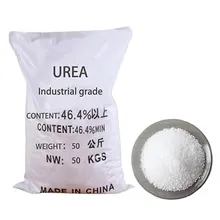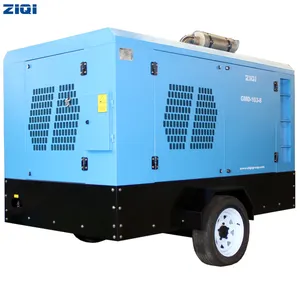Understanding Compressor Lubricating Oil
Compressor lubricating oil is a specialized product designed to reduce friction and wear in various types of compressors. This lubricant plays a crucial role in maintaining the efficiency and longevity of compressors by providing a protective film that minimizes direct metal-to-metal contact.
Types and Applications
There are several types of compressor oils available, catering to different applications. Synthetic compressor oil is engineered for superior performance and is often used in demanding environments. Oil lubricated air compressors benefit from this type of oil due to its enhanced thermal stability and resistance to oxidation. Screw compressor oil is specifically formulated for the high-temperature conditions found in rotary screw compressors. For refrigeration systems, refrigeration compressor oil is designed to be compatible with refrigerant gases.
Features and Materials
The features of compressor lubricating oil vary depending on their base material. Synthetic air compressor oil typically offers better chemical stability and a wider temperature operating range than mineral oils. On the other hand, conventional oils like SAE 30 compressor oil are often used for general-purpose applications and are more cost-effective. The viscosity of the oil, such as compressor oil 68, indicates the thickness of the oil, which correlates to its flow characteristics at different temperatures.
Advantages of Proper Lubrication
Using the correct type of compressor lubricating oil can lead to several advantages. It ensures the smooth operation of the compressor, reduces the risk of overheating, and extends the service life of the equipment. For instance, synthetic compressor lubricant can significantly reduce the formation of varnish and sludge, which are common issues in compressor systems. Additionally, oils like rotary screw compressor oil are formulated to reduce noise levels and energy consumption, contributing to a more efficient operation.
Choosing the Right Compressor Lubricant
Selecting the right lubricant requires understanding the specific needs of the compressor. Factors such as the type of compressor, the operating environment, and the manufacturer's recommendations should be considered. For example, oiling air compressors with the right oil can prevent premature wear and potential failures. It's important to note that using inappropriate oils, such as motor oil in compressor applications, can lead to suboptimal performance and even damage the compressor.
Maintenance and Replacement
Regular maintenance, including the timely replacement of compressor lubricating oil, is essential. The frequency of oil changes depends on the compressor's usage intensity and the type of oil used. For example, lube compressor systems may require more frequent oil changes in harsher operating conditions. It is crucial to follow the compressor manufacturer's guidelines to ensure optimal performance and longevity of the equipment.










































 浙公网安备 33010002000092号
浙公网安备 33010002000092号 浙B2-20120091-4
浙B2-20120091-4